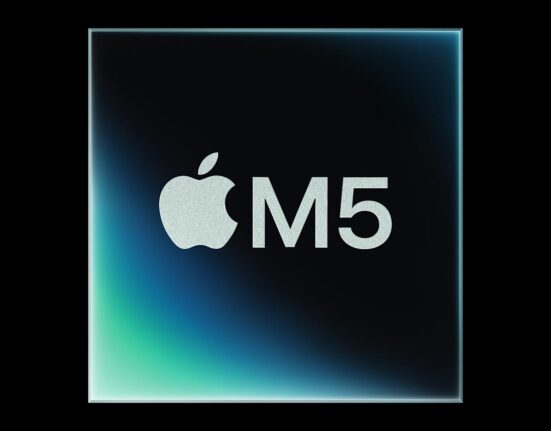NEW DELHI (Reuters) –Apple (AAPL) is lobbying India’s government to modify its income tax law to ensure the company is not taxed for ownership of high-end iPhone machinery it provides to its contract manufacturers, an issue seen as a hurdle to its future expansion, sources say.
The push coincides with Apple’s growing India presence as it diversifies beyond China. Counterpoint Research says iPhone’s share in the Indian market has doubled to 8% since 2022. And while China still accounts for 75% of global iPhone shipments, India’s share has quadrupled to 25% since 2022.
India is the world’s second-largest mobile market. Apple’s contract manufacturers Foxconn and Tata have pumped in billions of dollars to open five plants, but millions of those expenses go into acquiring pricey machines for iPhone assembly.
Experts say Apple potentially faces billions of dollars in additional taxes if it changes its business practices without convincing New Delhi to change a 1961 law covering foreign ownership of equipment used in India.
In China, Apple procures the machines used to make iPhones and gives them to its contract manufacturers, and is not subject to tax even though it still owns them.
But that’s not possible in India as the Income Tax Act would consider such ownership by Apple as a so-called “business connection”, making the U.S. firm’s iPhone profits liable for Indian taxes, said a senior government official and two other industry sources.
Apple executives have held talks with the Indian officials in recent months to tweak the law as it fears the current legislation could hamper its future growth, said the sources.
“Contract manufacturers cannot put up money beyond a point,” said the first industry source. “If the legacy law is changed, it will become easy for Apple to expand … India can become more competitive globally.”
Reuters is first to report Apple’s concerns and lobbying efforts on the law.
Apple did not respond to Reuters questions, and neither did India’s IT and finance ministries who are involved in the discussions.
Smartphone manufacturing is a key plank of Prime Minister Narendra Modi’s agenda, and India’s deputy IT minister last year privately said China and Vietnam could race ahead as major smartphone export hubs due to their lower tariffs on phone parts.
A senior Indian official said “discussions on taxation rules impacting Apple are ongoing”, but New Delhi is cautious as any changes to the law could diminish its sovereign right to tax a foreign company.
NEW DELHI (Reuters) –Apple (AAPL) is lobbying India’s government to modify its income tax law to ensure the company is not taxed for ownership of high-end iPhone machinery it provides to its contract manufacturers, an issue seen as a hurdle to its future expansion, sources say.
The push coincides with Apple’s growing India presence as it diversifies beyond China. Counterpoint Research says iPhone’s share in the Indian market has doubled to 8% since 2022. And while China still accounts for 75% of global iPhone shipments, India’s share has quadrupled to 25% since 2022.
India is the world’s second-largest mobile market. Apple’s contract manufacturers Foxconn and Tata have pumped in billions of dollars to open five plants, but millions of those expenses go into acquiring pricey machines for iPhone assembly.
Experts say Apple potentially faces billions of dollars in additional taxes if it changes its business practices without convincing New Delhi to change a 1961 law covering foreign ownership of equipment used in India.
In China, Apple procures the machines used to make iPhones and gives them to its contract manufacturers, and is not subject to tax even though it still owns them.
But that’s not possible in India as the Income Tax Act would consider such ownership by Apple as a so-called “business connection”, making the U.S. firm’s iPhone profits liable for Indian taxes, said a senior government official and two other industry sources.
Apple executives have held talks with the Indian officials in recent months to tweak the law as it fears the current legislation could hamper its future growth, said the sources.
“Contract manufacturers cannot put up money beyond a point,” said the first industry source. “If the legacy law is changed, it will become easy for Apple to expand … India can become more competitive globally.”
Reuters is first to report Apple’s concerns and lobbying efforts on the law.
Apple did not respond to Reuters questions, and neither did India’s IT and finance ministries who are involved in the discussions.
Smartphone manufacturing is a key plank of Prime Minister Narendra Modi’s agenda, and India’s deputy IT minister last year privately said China and Vietnam could race ahead as major smartphone export hubs due to their lower tariffs on phone parts.
A senior Indian official said “discussions on taxation rules impacting Apple are ongoing”, but New Delhi is cautious as any changes to the law could diminish its sovereign right to tax a foreign company.











Leave feedback about this